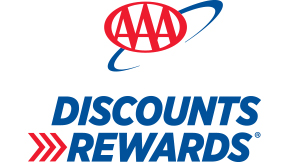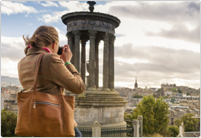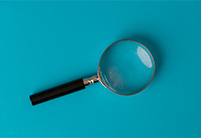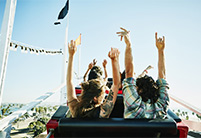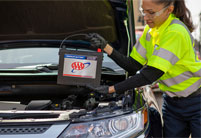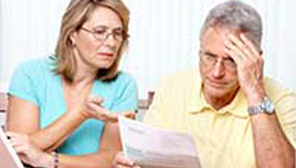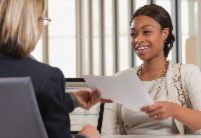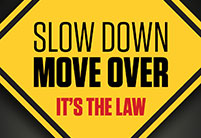Stay Home and Be The Safest Grillmaster
Stay Home and Be The Safest Grillmaster
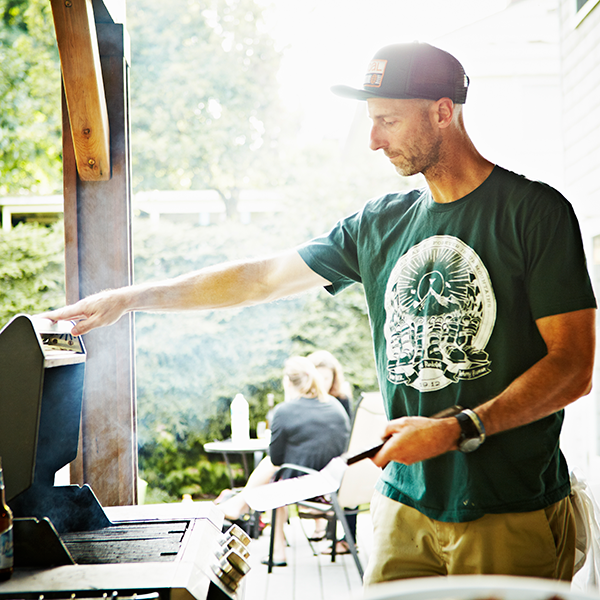
Sheltering in place is turning everyone into a home cooking expert, giving some of us extra time to experiment in the kitchen to various levels of success. And now that it's spring, many of us are itching for the start of grilling season.
Just don't rush to the grill without remembering that grilling can be dangerous. According to the U.S. Fire Administration, some 5,700 grill fires take place on residential properties every year. Most are caused by malfunctioning gas grills. These fires cause an average of $37 million in damage annually to properties, structures and possessions, including gazebos, sheds and lawn furniture. And thousands of people visit emergency rooms every year because they've burned themselves while grilling.
Grilling season is a great time to enjoy with family, but accidents can happen, said David Hodge, vice president of insurance. Before you barbecue, take a few minutes to review grilling safety tips and ensure your equipment is working properly.
Safe Barbecuing tips:
- Before grilling, read and follow the owner's manual.
- Place your grill at least 10 feet away from walls and deck railings to prevent fires from igniting buildings. Keep your grill away from decorations, such as hanging plants and umbrellas.
- Never grill indoors or in confined areas; charcoal grills produce carbon monoxide fumes that are fatal in unventilated areas.
- Keep a fire extinguisher nearby, and know how to use it.
- Never leave a grill burning unattended.
- Grease can cause flare-up fires. Keep your grill clean by removing grease and fat build-up from the grill and grill trays.
- If the flame on your grill goes out, turn the grill and gas off. Wait at least 15 minutes before relighting and always make sure your grill lid is open before igniting.
Grill Maintenance and Storage:
- When setting up at the start of grilling season, check grill hoses for cracks, holes and blockages. Blockages caused by food drippings or insects can be cleared with a wire or pipe cleaner.
- Run a soap solution: one part liquid soap, one part water along hoses and at connections. If the solution bubbles, then there is a gas leak that needs repair.
- Store propane tanks outside and away from your home. Always check to ensure that valves are turned off.
What Your Insurance Covers:
Following the tips above may help prevent a grill fire spreading to your home, but if a fire does occur, a standard homeowners policy typically covers the following:
- Damage to the primary residence.
- Damage to personal possessions, such as tables or lawn chairs.
- Damage to insured structures on your property, such as sheds or gazebos.
- Injuries to a guest, under the liability portion of the policy.
To find out more about homeowners, condo or renters insurance, or request a quote online to see what discounts you may be eligible for and what type of coverage you might need.

